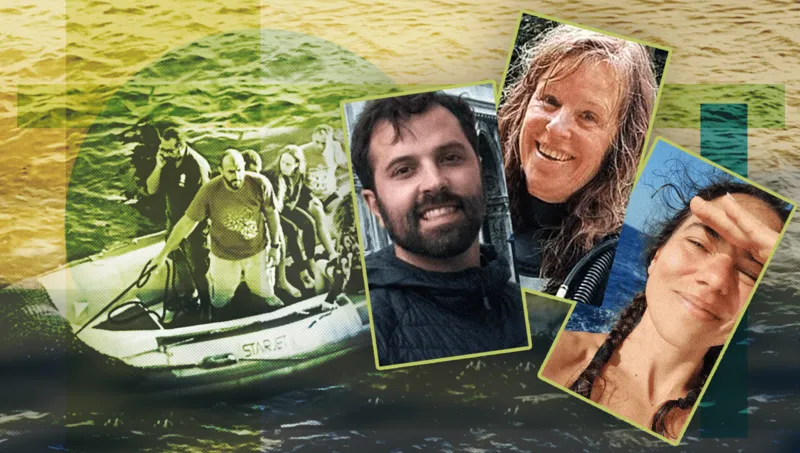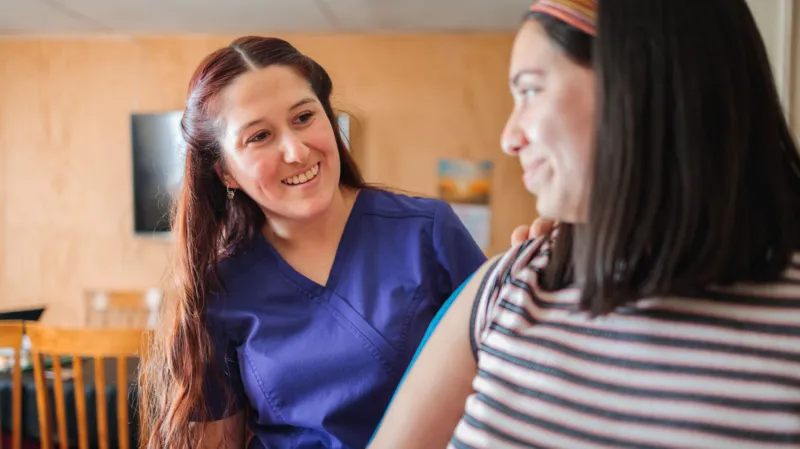
In 1988, World Aids Day began with the aim of raising awareness and understanding of a disease that had struck fear in communities around the globe. That same year, US tennis legend Arthur Ashe learned of his own diagnosis. In History looks at the dilemma that faced Ashe, when, after years of secrecy, he once again became a groundbreaking campaigner.
In April 1992, Arthur Ashe made his way into a packed conference room, where the media were poised with cameras rolling. This time he wasn’t being asked about his role as the first black tennis player to be selected for the United States Davis Cup team, or about his pioneering victories at Wimbledon, the US Open or the Australian Open. He had cemented his name in history as the first black winner of a major men’s singles championship, but after a heart attack that led to multiple surgeries, he had retired from the sport 12 years earlier, at the age of 36.
His intelligence, composure and sportsmanship had made him a popular figure, on and off the court. But the press had heard rumours about his health, at a time when the world was still full of fear of an incurable epidemic. USA Today sports journalist Doug Smith, a childhood friend, confronted Ashe about a tip-off he had received. The next day, keen to control his own story and beat the press, Ashe reluctantly told the world the secret that he and his inner circle had kept since 1988: he had Aids.
He believed that he had contracted the illness from a contaminated blood transfusion during surgery in 1983, two years before blood donations were screened for the HIV virus in the US. The devasting news shocked the nation, but it quickly led to a debate around personal privacy and the ethics of an invasive press. At the conference, Ashe read a statement: “I am angry that I was put… in the unenviable position of having to lie if I wanted to protect my privacy.” He added that “there was certainly no compelling medical or physical necessity to go public with my medical condition”. In his memoir, Days of Grace, Ashe wrote: “More than 700 letters reached USA Today on the issue of my right to privacy, and about 95% vehemently opposed the newspaper’s position.”






